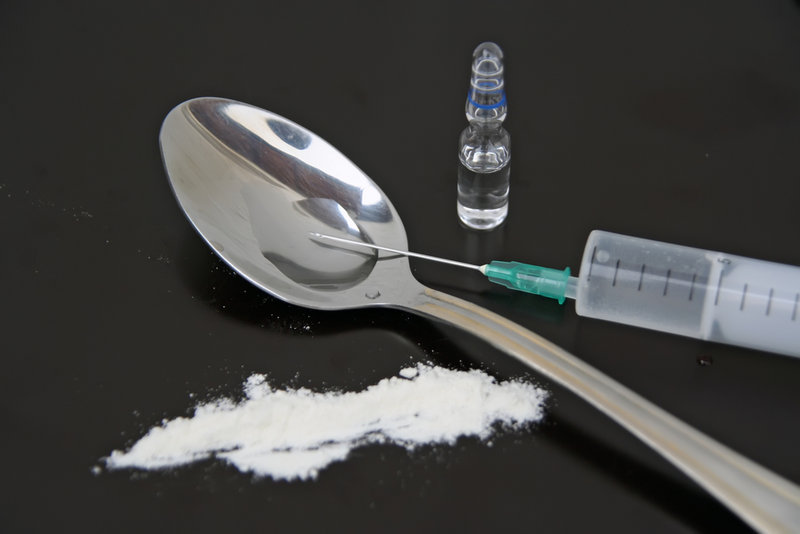For more than a decade, prescription-drug abuse has taken a toll in Maine in the form of crime, overdoses and deaths.
OxyContin has had a major role in the epidemic because it was easy to crush the drug, break its time-release mechanism and experience 12 hours of pain relief in a euphoric rush.
In 2010, after a string of lawsuits and a massive fine, Purdue Pharma introduced a crush-proof formulation of OxyContin and took the original formula off the market. Tuesday, the Food and Drug Administration announced it was blocking the production of generic versions of crushable OxyContin.
The FDA’s decision will keep the market from being flooded with cheaper versions of a highly addictive prescription drug, but it’s no magic bullet for opiate addiction.
Indeed, though Maine has made progress in limiting addicts’ access to OxyContin and the like, it continues to face a surge in heroin use. Legislators would be wise to acknowledge this reality and support L.D. 951, a proposal to repeal limits on funding for addiction treatment.
OxyContin’a reformulation did succeed in making it unappealing to addicts, a study found. But many of these same people, seeking a new high, turned to heroin because it is “much cheaper and easily available,” as a study participant told researchers.
That’s hardly news to public health officials in Maine. A rough economy makes people more vulnerable to depression and stress. Given tighter limits on and monitoring of painkiller prescriptions — as well as the difficulty of abusing reformulated OxyContin — the rise in the use of heroin can be linked to its ability to provide a temporary, low-cost escape from bleak circumstances.
Amid this rise in opiate use, public health officials’ education and prevention campaigns are raising awareness of the risks of heroin addiction. But a retroactive two-year limit on state funding for methadone and buprenorphine — the most effective drugs for treating heroin addiction — makes it much tougher for public health workers to turn the tide of the epidemic.
Federal regulators’ actions Tuesday have effectively stemmed what could have been a destructive flood of cheap prescription opiates. We hope that our representatives in Augusta recognize the impact that soaring use of street opiates is having on their constituents and embrace L.D. 951 as a chance to do their part to help end addiction.
Send questions/comments to the editors.



Success. Please wait for the page to reload. If the page does not reload within 5 seconds, please refresh the page.
Enter your email and password to access comments.
Hi, to comment on stories you must . This profile is in addition to your subscription and website login.
Already have a commenting profile? .
Invalid username/password.
Please check your email to confirm and complete your registration.
Only subscribers are eligible to post comments. Please subscribe or login first for digital access. Here’s why.
Use the form below to reset your password. When you've submitted your account email, we will send an email with a reset code.